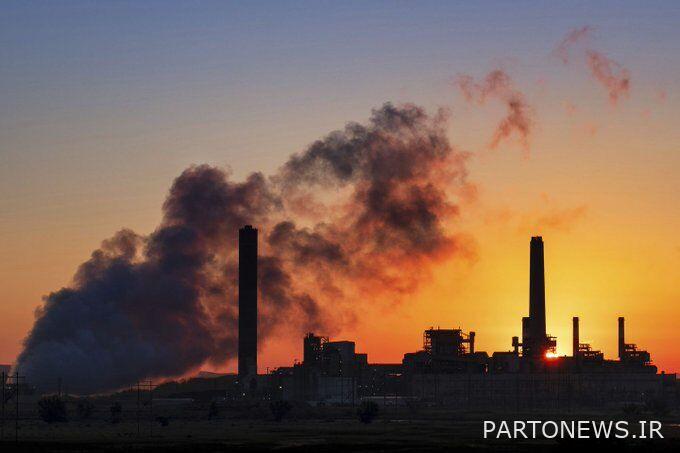Canada’s black record in reducing greenhouse gas emissions

According to IRNA’s report on Friday from the website of the Globe and Mail newspaper; At the same time as rich and industrialized countries are preparing for the next world climate change summit in November in Egypt, it is obvious that they are failing to set goals to achieve them.
The 27th United Nations Climate Summit is scheduled to be hosted by Egypt in November, along with all kinds of policies to limit the increase in the average global temperature to one and a half degrees Celsius above the pre-industrial level by 2050. The goal of the Paris Agreement has been announced.
Meanwhile, Canada has the worst position in terms of the important criterion of announcing the goals of reducing greenhouse gas emissions by the companies of this country. The problem is that, according to an analysis by CDP, a non-profit organization that runs a global mechanism that companies and governments can use to publish the impacts of their environmental activities, today’s targets for reducing greenhouse gas emissions The private sector of the Group of Seven causes the earth’s temperature to increase by 2.7 degrees, which is much lower than the Paris targets.
The United Nations Climate Change Panel, including representatives of several countries, has announced that only half a degree Celsius exceeding the goals of the Paris Conference is equal to increasing the probability of people being exposed to dangerous heat waves by 2.6 times. Other consequences can be a 10-fold increase in the possibility of polar ice freezing in summer and significant impacts on fishing.
According to IRNA from the website of the American newspaper Washington Post; An international group of scientists have warned that climate change could have a devastating effect on the lives of millions of people in the Eastern Mediterranean and the Middle East; Temperatures in these areas are rising at nearly twice the global average.
According to a report published by the Cyprus Institute, the Middle East region could see an overall warming of 5 degrees Celsius or more by the end of the century, which would be almost double that predicted for other parts of the globe and faster than any other inhabited part of the world.
This report, prepared under the supervision of the Max Planck Institute of Chemistry and the Climate and Atmospheric Research Center of the Cyprus Institute, will be presented at the United Nations Climate Change Conference (COP27) which will be held in Egypt in November.
A meteorologist said in this regard that the combination of decreasing rainfall and warming climate will lead to severe drought and jeopardizing the water and food security of the residents of these areas, and many countries are not prepared for rising sea levels.
“This scenario would lead to serious challenges for coastal infrastructure and agriculture, and could lead to salinization of coastal aquifers, including the densely populated and cultivated Nile Delta,” said Dr. George Zetis of the Cyprus Institute, author of the report.
“Achieving the main goals of the Paris Agreement, the global agreement of countries to reduce greenhouse gas emissions, can stabilize the annual increase in temperature to about 2 degrees Celsius.”
Scientists recommend rapid implementation of decarbonization measures with special emphasis on the energy and transportation sectors.
“Since many of the regional consequences of climate change are transboundary, stronger cooperation between countries is necessary to deal with the expected adverse effects,” said Jos Leliold, director of the Max Planck Institute for Chemistry and professor at the Cyprus Institute.

